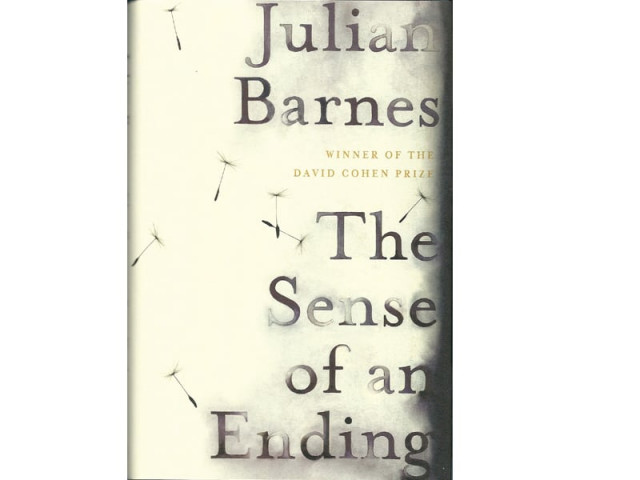Book review: The Sense of an Ending - uncovering the past
Julian Barnes’s latest novel 'The Sense of an Ending' is a tale of melancholia, aging, and love.

Book review: The Sense of an Ending - uncovering the past
The Sense of an Ending is the story of Tony Webster, a 60-year-old divorcee, living an ordinary life. A man of supreme prudence, he never let people come close to him for the fear he might become vulnerable. However, Tony’s little world is shattered by the arrival of a letter and he begins to question his perception and understanding of life.
He discovers that the mother of his university girlfriend, Veronica, has left him a bequest and the personal diary of his best friend, Adrian Finn. Soon enough, Veronica stumbles back into Tony’s life when he finds out that she has possession of the diary bequeathed to him.
Embarking on a journey into the past to unravel the extent to which he could be held responsible for a tragedy that happened years ago, Tony discovers an unsettling version of the past and is forced to accept things that alter the way he relates to people. Barnes combines an idealistic grasp of the truth with the elusive yet uncompromising role of memory in our dealings with the past and present.
A tale of melancholia, aging, and love, The Sense of an Ending is significant at many levels, and the most intriguing aspect of the narrative is its ability to engage readers at all of them. Barnes frequently looks at the complexities of the workings of the human mind, the dilemma of a fragmented identity and accepting responsibility for one’s actions. Combining fiction and reflection, Barnes pictures in a variety of ways the rhythmic order of difference at the core of human existence.
The Sense of an Ending is a work of great vision and perception. It is a deep meditation on subjective reality and our non-linear experience of time. Although time and memory are one of the most discussed aspects of subjective identity in the twentieth century, Barnes does not try to separate them from ordinary life for some overtly intellectual purpose and consequently succeeds in creating a credible story with a handful of ordinary characters.
Published in The Express Tribune, Sunday Magazine, February 12th, 2012.



















COMMENTS
Comments are moderated and generally will be posted if they are on-topic and not abusive.
For more information, please see our Comments FAQ